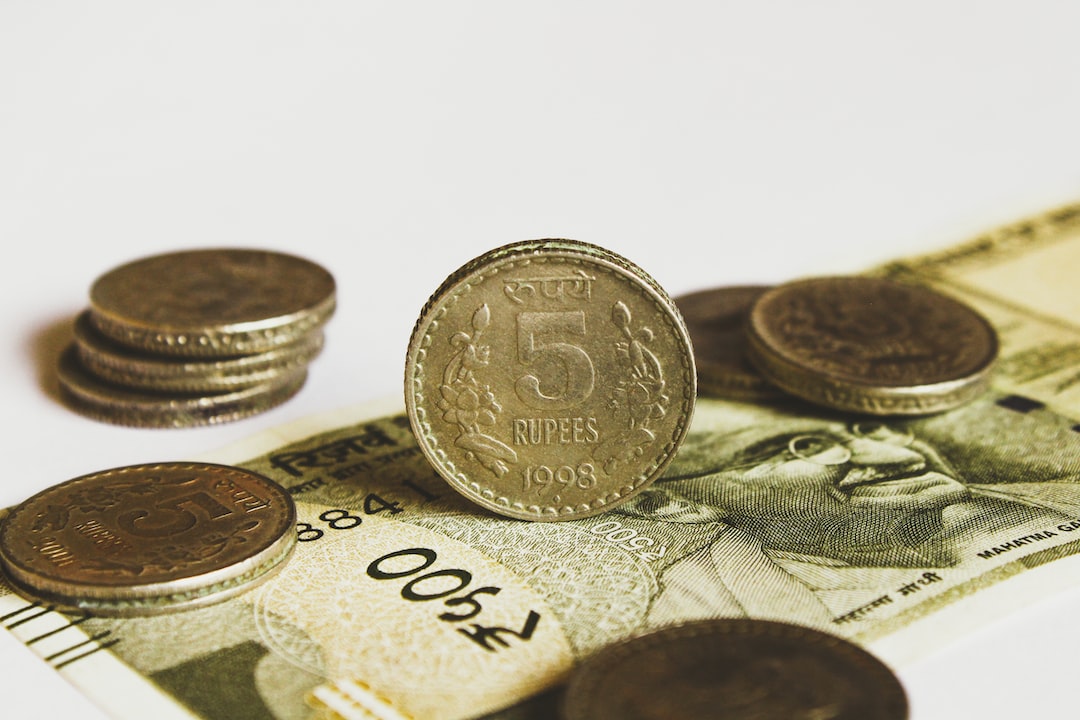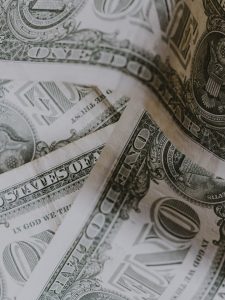The foreign exchange market, also known as Forex, is the largest financial market in the world. With an average daily trading volume of over $5 trillion, it attracts a lot of attention from scammers and spammers looking to make a quick profit. These individuals and organizations use various tactics to scam traders, including sending unsolicited emails, messages, and calls. If you receive such spam, it’s crucial to report it to the appropriate authorities to prevent others from falling victim to the same scam. In this article, we’ll explore who to report Forex spam and how to do it.
Firstly, it’s important to understand the different types of Forex spam. They include:
1. Unsolicited emails: These are emails sent to you without your consent. They usually contain advertisements for Forex services or products, such as trading robots, signal services, or training courses.
2. Cold calls: These are phone calls from individuals claiming to be Forex brokers or traders. They usually offer you investment opportunities, promising high returns with little risk.
3. Social media messages: These are messages sent to you through social media platforms, such as Facebook or Twitter. They usually contain similar content to unsolicited emails, promoting Forex services or products.
Now that we understand the types of Forex spam, let’s explore who to report it to.
1. Your email provider: If you receive Forex spam via email, the first step is to report it to your email provider. Most email providers, such as Gmail, Yahoo, and Outlook, have a built-in feature that allows you to mark an email as spam. Once you mark an email as spam, your email provider will analyze it and prevent similar emails from reaching your inbox in the future. This not only protects you but also helps your email provider improve its spam detection algorithms.
2. The Forex broker or service provider: If the spam email or message is from a Forex broker or service provider, you should report it to them. Most legitimate Forex brokers and service providers have strict anti-spam policies and take such reports seriously. You can usually find their contact details on their website or in the spam email itself.
3. The Federal Trade Commission (FTC): The FTC is a US government agency that protects consumers from fraudulent activities, including Forex scams. If you receive Forex spam from a US-based entity, you can report it to the FTC. They have a dedicated website where you can file a complaint, and they will investigate the matter.
4. The National Fraud Intelligence Bureau (NFIB): If you’re based in the UK, you can report Forex spam to the NFIB. They are a part of the City of London Police and specialize in investigating fraud and cybercrime. You can report Forex spam to them through their website or via phone.
5. The Internet Crime Complaint Center (IC3): The IC3 is a partnership between the FBI and the National White Collar Crime Center. If you receive Forex spam that involves a financial loss, you can report it to the IC3. They investigate such cases and work with law enforcement agencies to bring the scammers to justice.
In conclusion, Forex spam is a common problem that traders face. It’s important to report it to the appropriate authorities to prevent others from falling victim to the same scam. You can report Forex spam to your email provider, the Forex broker or service provider, the FTC, the NFIB, and the IC3 depending on the origin of the spam. By reporting Forex spam, you’re not only protecting yourself but also contributing to the fight against fraud and cybercrime.





